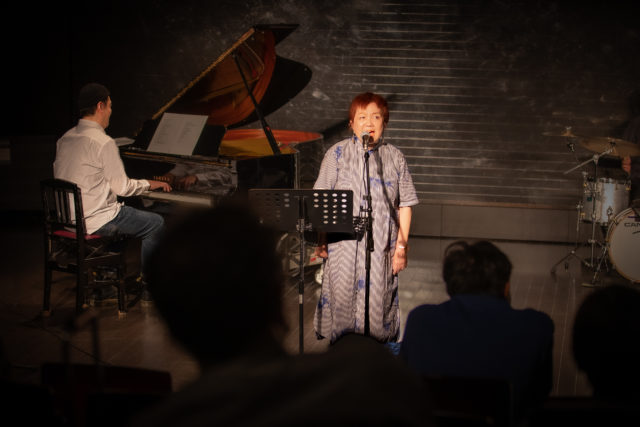FEARLESS AT 90 a poem by Yuri Kageyama
I am fearless at 90
Wrinkles deep as the Nile
Hair translucent spiderwebs
Varicose veins throbbing blood
A map of fate on a carcass of skin
I am fearless at 90
I rap poetry with my dentures
Jazz dance with my wobbly knees
I rock like Jimi Hendrix
We Boomers invented Revolution
I am fearless at 90
I’m so close to the pearly gates
I’m on speaking terms with the angels
I’m so near-sighted I read minds
My fungus breath slays dragons
I am fearless at 90
My wheelchair zips Ferrari-style
My voice resonates five octaves low
My cane duplicates as a samurai sword
My hearing aid just blocks out noise
I am fearless at 90
I have no appointments to keep
No bosses to please
No dates to impress
No one can put me down
I am fearless at 90
I barely remember what’s up or down
Or who is where anymore;
Beyond gender, race, class,
Or even age
I am fearless at 90
My skin like washi paper
My fingers gnarled like a witch
I am neither man nor woman
White, black, brown or yellow.
I am just 90, and fearless:
Those days are long gone,
Not trusting anyone over 30,
I’ve given birth to a thousand children
And have a million grandchildren
I am fearless at 90
Although death is around the corner,
I’ve seen war and peace
Endured abuse to survive;
Don’t expect or need respect
I’m proud to be fearless at 90
^___<
Note from the poet:
I am not yet 90, but I feel this way and wrote this poem.
When I’m 90, I will write my real fearless at 90 poem.
The poem was published in the Winter 2024 issue of KONCH MAGAZINE.
More with Turner at this link.

